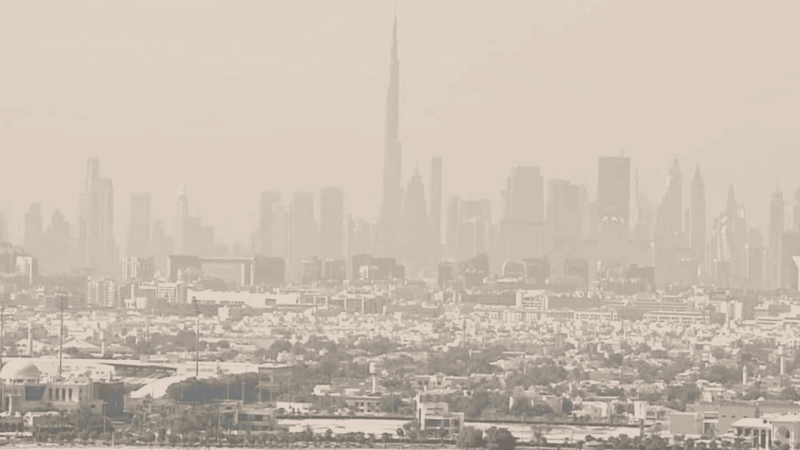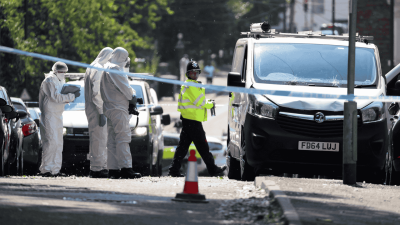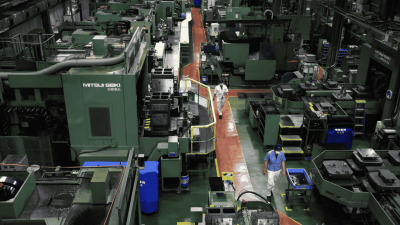Dubai has been ranked fifth among cities with the Worst Air Quality in the world, according to the latest IQAir global report. The findings reveal that even modern urban centers are facing severe pollution challenges due to rapid development and industrial growth.
The report shows that Dubai recorded an Air Quality Index (AQI) of 160, which falls in the “unhealthy” range. This classification means that exposure to the city’s air could cause health risks for sensitive groups, including children, the elderly, and those with respiratory conditions.
Other cities with higher pollution levels include Lahore in Pakistan, Delhi in India, Tashkent in Uzbekistan, and Karachi in Pakistan. Together, these cities make up the top five in the world for Worst Air Quality, reflecting a growing global concern about urban pollution and its health impact.
Environmental experts say Dubai’s pollution levels vary throughout the year. Factors such as dust storms, vehicle emissions, and industrial activity contribute significantly to deteriorating air quality. Seasonal weather changes and heavy construction also add to the problem.
Despite these challenges, Dubai authorities have been taking steps to improve air conditions. Initiatives include expanding electric public transport, investing in renewable energy projects, and tightening emission control regulations. These efforts aim to reduce dependence on fossil fuels and minimize pollution from traffic and construction.
The IQAir report underscores that economic development and population growth often come at the cost of environmental health. Experts stress the need for sustained action, not only in Dubai but also in other rapidly growing cities across Asia and the Middle East, to tackle the Worst Air Quality rankings and promote cleaner, healthier air for future generations.
In other news read more about: Karachi Records Third-Worst Air Quality, Following Lahore and New Delhi







